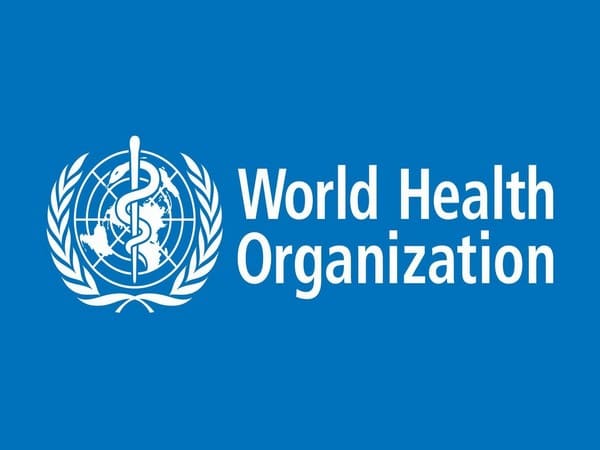Geneva: The World Health Organization (WHO) has now included “gaming disorder” as a mental health condition in its International Classification of Diseases (ICD).
The ICD, a diagnostic manual published by the WHO, was last updated in 1990 and its new edition, ICD-11, has included gaming disorder as a serious health condition that needs to be monitored.
“Gaming disorder has been added to the section on addictive disorders,” the WHO said in a statement.
This classification means health professionals and systems will be more “alerted to the existence of this condition” while boosting the possibility that “people who suffer from these conditions can get appropriate help”, Vladimir Poznyak, a member of the WHO’s Department of Mental Health and Substance Abuse, was quoted as telling the CNN.
“Millions of gamers around the world, even when it comes to the intense gaming, would never qualify as people suffering from gaming disorder,” he said, adding that the overall prevalence of this condition is “very low”.
“And let me emphasise that this is a clinical condition, and clinical diagnosis can be made only by health professionals which are properly trained to do that,” he noted.
The new ICD-11 is also able to better capture data regarding safety in healthcare, which means that unnecessary events that may harm health — such as unsafe workflows in hospitals — can be identified and reduced, the statement said.
It also includes new chapters, one on traditional medicine: although millions of people use traditional medicine worldwide, it has never been classified in this system.
Another new chapter on sexual health brings together conditions that were previously categorised in other ways (e.g. gender incongruence was listed under mental health conditions) or described differently.
ICD-11 will be presented at the World Health Assembly in May 2019 for adoption by member states, and will come into effect on January 1, 2022.
“ICD is a cornerstone of health information and ICD-11 will deliver an up-to-date view of the patterns of disease,” said Lubna Alansari, WHO’s Assistant Director-General (Health Metrics and Measurement).
The ICD is the foundation for identifying health trends and statistics worldwide, and contains around 55,000 unique codes for injuries, diseases and causes of death.
It provides a common language that allows health professionals to share health information across the globe.
—IANS

